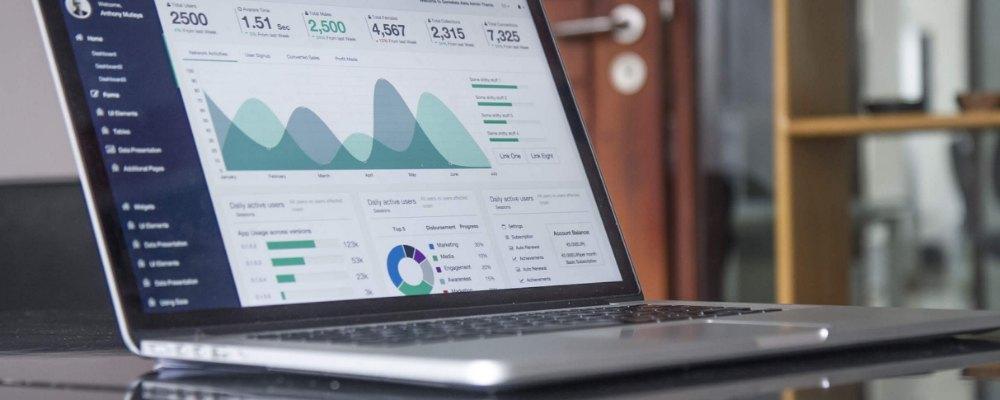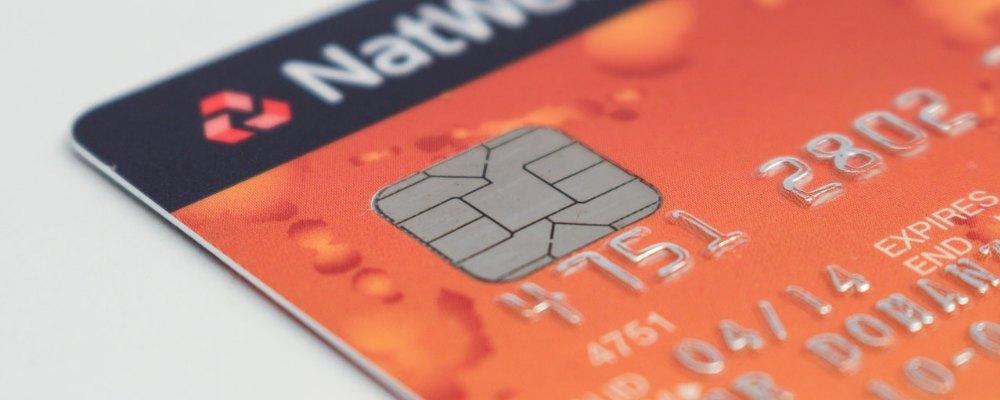A guide to business banking
Getting the right bank account for your new business is critical - but there are so many different offers and packages available that it can be bewildering.
Read our guide to discover whether you need an account, and what you should look for.
Do I Need To Open A Business Bank Account?
For sole traders, you might be able to use your personal bank account for business; check with your bank to see if this is allowed.
While legally your personal and business affairs are treated as one by HMRC, most banks would prefer two separate accounts, especially if a large number of transactions come through your company.
The benefits of retaining a personal bank account for business are that you will not have to pay any fees to set it up, or more likely, a monthly fee.
Some banks charge up to £25 per transaction if you're in credit in a business account, which can soon mount up very quickly.
So, if you can retain your personal account you could save on charges, although it clearly looks more professional to have a business account with a proper company address on correspondence.
A business account may allow you to apply for, and gain, finance more easily, as there is therefore self-evidently a separation between personal and business transactions.
If you've set up as a limited company or partnership, you are legally obliged to have a business bank account.
What Should I Look For In A Business Bank Account?
Firstly, shop around. The temptation would be to stay with your present personal bank, and let them set up an account for you.
However, that may not be the best course of action, as business banking packages vary enormously. The aspects you should be looking at, and comparing, include:
Fees for withdrawals
Some banks allow free day-to-day transactions for a set period of time, perhaps the first year or two.
These offers may also include free payment around cheques (paying in and issuing), and free set-up of standing orders and direct debits.
If you secure one of these accounts it might be worth logging exactly how much you would have spent on charges, for your own records, so that the total amount won't come as a nasty surprise when you actually do have to pay them.
Interest rate
If you're able to save money from the company then this is certainly an area where it doesn't pay to use a personal account, since interest rates are practically zero.
A business savings account will typically offer around 1% interest at worst. You'll need a deposit of at least £500. Look for rates on deposit accounts as these can be used to place tax liabilities for safekeeping.
Also, check the notice period - the number of days' notice you need to give before being able to withdraw; the more notice you need to give, the better the interest rate will typically be.
If you do have a savings account, as of January 2017 you should be entitled to £85,000 guaranteed savings protection as a smaller business, as covered by the Financial Services Compensation Scheme.

Online banking
This should be a prerequisite for any 21st century company, allowing instant access from anywhere in the world. The quality of online banking sites varies greatly, in terms of the functionality on offer.
Some of the features that you might want, include:
- Swift set-up of direct debit, standing orders, bill payments etc.
- PINsentry protection
- Online cloud storage of documents
- Text alerts
- Online banking guarantee
- Mobile app
- Mobile cheque deposits
- Notifications of transactions that were denied, account details changing, failed attempts to log in etc.
- Instant loan applications
- Insight technology, that lets you track customer behaviour and demographics, and competitor performance.
Business Bank Account Overdraft facility
No-one really wants to use their overdraft, but it can sometimes be vital in the early stages of forming a business, when unforeseen circumstances arise, or in months where cash-flow is difficult.
An overdraft can be arranged by both borrower and lender, and interest on this may be periodically reviewed every 12 months and a renewal fee taken.
If you do become overdrawn and have not set up this facility, expect a more punitive interest rate; therefore, it might be wise to set up the overdraft in advance, if you see trouble ahead.
Many banks choose an annual fee for the privilege, usually a small percentage of the agreed overdraft.
Also, be aware that these interest rates tend to closely track the Bank of England base rate, so if that goes up, expect the bank’s interest rate to swiftly follow.
Small Print
Make sure you’ve read the terms and conditions, and are aware of the fees before applying. It’s better to spend time researching than opening an account, realising it was an error, and then switching accounts and incurring fees.

Setting up a Business Bank Account
Comparison sites can take a lot of the hard work out of searching for a business bank account, so it's worth doing your research before you start applying.
Once you've found an account that looks attractive, you can either set it up by phone or in branch.
The details you'll need to do this include:
- Personal details: name, home address, DOB, nationality etc. If there is more than one person setting up the account, you'll need details for each individual, as well as any other signatories or nominated persons you wish to add.
- As a sole trader you'll need existing bank statements
- Current bank account details
- Company details, including name and company number and company registered address (business tax identification number)
- Business start date
Banks will look at a number of criteria including credit history and your turnover/finance details.
They'll ask what you need and probably offer a number of additional services such as access to knowledge centres and business advisors, but be careful with saying 'yes' to all of the facilities, as you'll probably need to pay for them.
When you open an account some banks will offer you a loan to support your business in its early stages, and the conditions around this might be part of your criteria for opening up an account in the first place.
But business owners should not take out a loan because the options appear enticing, or the conditions are appealing, or even if they wish to have an account with a particular bank.
The loan must be right for both the borrower and the business, and if it is not it should not be taken out.
More advice on borrowing for SMEs and small businesses.
Want to learn how to manage your start-up’s finances? Check out our free online courses in partnership with the Open University on being an entrepreneur.
Our free Learn with Start Up Loans courses include:
- Introduction to bookkeeping and accounting
- Companies and financial accounting
- Financial methods in environmental decisions
Plus free courses on finance and accounting, project management, and leadership.
Disclaimer: The Start -Up Loans Company makes reasonable efforts to keep the content of this article up to date, but we do not guarantee or warrant (implied or otherwise) that it is current, accurate or complete. This article is intended for general information purposes only and does not constitute advice of any kind, including legal, financial, tax or other professional advice. You should always seek professional or specialist advice or support before doing anything on the basis of the content of this article.
The Start-Up Loans Company is not liable for any loss or damage (foreseeable or not) that may come from relying on this article, whether as a result of our negligence, breach of contract or otherwise. “Loss” includes (but is not limited to) any direct, indirect or consequential loss, loss of income, revenue, benefits, profits, opportunity, anticipated savings, or data. We do not exclude liability for any liability which cannot be excluded or limited under English law. Reference to any person, organisation, business, or event does not constitute an endorsement or recommendation from The Start-Up Loans Company, its parent company British Business Bank plc, or the UK Government.
Your previously read articles
Sign up for our newsletter
Just add your details to receive updates and news from Start Up Loans
Sign up to our newsletter


